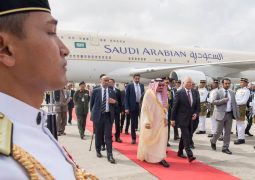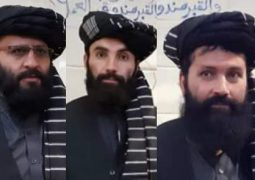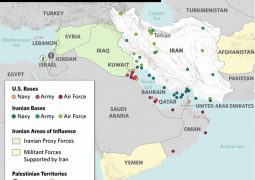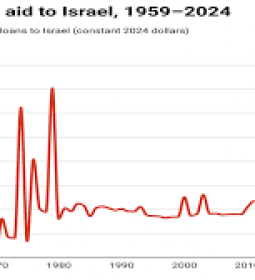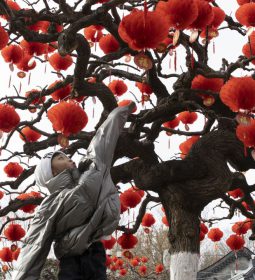Saudi Prince’s Elevation Plays One Generation Off Another
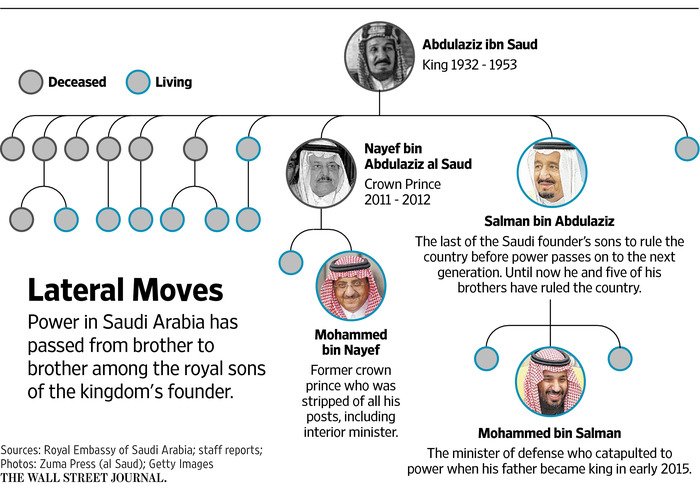
MECCA, Saudi Arabia—In Islam’s holiest city, two views of the new crown prince are emerging, breaking sharply along generational lines.
Like in other Saudi cities, the young here view the 31-year-old Prince Mohammed bin Salman as a breath of fresh air, someone who will take on the conservative religious establishment, tackle corruption and transform an oil-dependent economy. They hope his surprise elevation to crown prince last week will usher in a new era of openness, not only for foreign investors but for the latest Hollywood movies, which are still banned. It is the moment, young Saudis say, to modernize an ancient kingdom.
“We have a crown prince from our generation who is very determined, smart and wants to make real change,” said Nader Mohammed, a 20-year-old power engineering student who lives in Mecca. “Saudis need someone to shake them and get the best out of them.”
Prince Mohammed’s ascent has coincided with the appointment of other young prices to top positions, such as 33-year-old Prince Abdul Aziz Bin Saud Bin Nayef’s promotion to interior minister earlier this month, further exciting the youth.
But older Saudis have questioned the wisdom of ousting the former crown prince, Mohammed bin Nayef, a respected yet cautious leader, in favor of his younger, impulsive and largely untested cousin. The move puts Prince Mohammed in a position to take over from his 81-year-old father, King Salman, before he might be ready, they say. And while most Saudis agree change is needed, not many—especially among the older generation—are ready to embrace upheaval.
“For generations Saudi Arabia has been ruled by older and experienced kings and he only surfaced on the scene a couple of years ago,” said Abdullah, a 57-year-old gold shop owner in Mecca who refused to provide his full name for fear for his safety. “Do I believe the country needs radical changes? Yes, but experience is essential here.”
He added: “I would feel the same way if my son takes over this shop and turns it upside down in a few months.”
Khalid al-Hilali, a retired 63-year-old government employee in Mecca, also expressed reservations.
“I like the crown prince and I pledge allegiance to him but I’m worried about the future of Saudi Arabia. He rules in a more forthright way than others in the royal family but he is also confrontational, which could backfire when it comes to politics. We Saudis are used to a different approach.”
Prince Mohammed, who has already overseen Saudi Arabia’s economy and defense as deputy crown prince, is taking over Mohammed bin Nayef’s domestic security portfolio as well.
He was given a new challenge Friday when Saudi security forces foiled a terrorist attack targeting Mecca’s Grand Mosque, where worshipers were celebrating the end of the Muslim holy month of Ramadan. A man who was planning the attacks blew himself up in a residential area near the mosque amid clashes with security forces, and five suspects were arrested, the Saudi Interior Ministry said.
“Had they been successful it would have been a disaster that would have severe implications on the kingdom and the royal family,” said a former senior adviser to the Saudi government.
King Salman was in Mecca when the attempted attack was carried out, part of a long tradition of Saudi kings spending Ramadan in the holy city.
For now, there are few signs that ambivalence about Prince Mohammed among older Saudis will amount to political unrest.
Outpourings of support, by contrast, have suffused social media. A hashtag in Arabic declaring, “I pledge allegiance to Mohammed bin Salman” spread quickly among Saudi tweeters after his promotion.
t of Prince Mohammed can now be seen in Mecca, Jeddah and the capital Riyadh. One popular caption reads: “We pledge obedience and compliance,” part of a traditional oath of allegiance given to a leader in an attempt among local authorities to curry political favor.
While many challenges await the new crown prince—from reviving a sluggish economy to extricating Saudi Arabia from a protracted conflict in neighboring Yemen—some Saudis say their greatest concern is a coming battle.
Those bent on change are bound to collide with those who resist it, namely the country’s religious establishment. Even younger Saudis who support Prince Mohammed fear a backlash from religious clerics who have lost influence in recent years as the country has begun to change.
“If they come back,” said 36-year-old Ziad, an army officer who didn’t want to give his family name, “they will come back with vengeance.”
- Previous USA and PRC about DPRK
- Next Prince Mukhammads’ Elevation Means a More Activist Saudi Arabia



